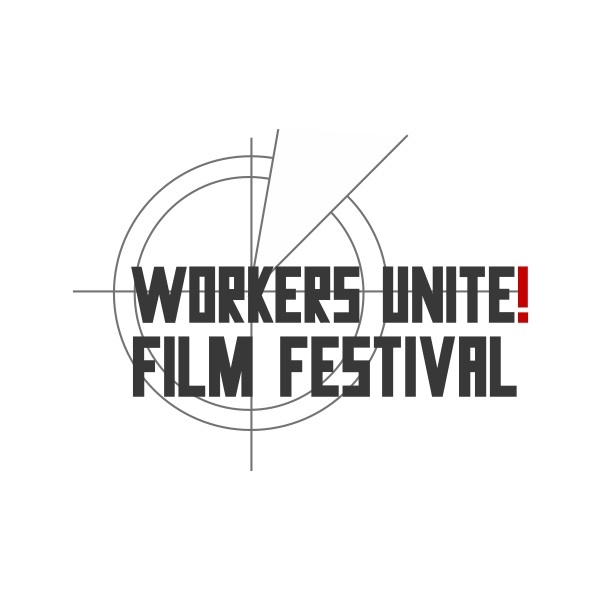Celebrate Labor Day 2014 by Expanding the Fight for Labor Rights
/September 1, 2014
Labor Day 2014 comes early this year, but not soon enough. While the assault on worker's rights is in full force, with 24 states across the country now "right to work" states and attacks against public employee unions in full throttle. an article by Steve Greenhouse details the real world results of such a weakened labor movement.
In his article Greenhouse details nearly $1 Billion in wage theft by employers around the country. From trucking company employees being unfairly forced to work 70 hour weeks with no overtime pay - actually no pay at all for their extra hours - to FedEx employees being told to work 10 hour days as "independent contractors" (no health benefits, pension, sick days, vacation days paid). employers large and small across this country are trying their best to rob from the poor to give to the already wealthy.
Many of these employees are outside unions or even industries covered by the historic National Labor Relations Act, while many have been forced out of their existing unions and labor protection by the right-wing assault against working people over the last twenty years.
As Greenhouse notes, there has been pushback in the courts and several recent victories, against the trucking company alone, for over $21 million in back pay and overtime pay, against FedEx for falsely trying to claim employees as independent contractors, show that the worst excesses might eventually get their day in court. But this is not the way to celebrate Labor Day 2014. Our American Labor Movement needs to embrace a new concept that has been put forth by several labor theorists and former civil rights era heroes, including Congressman John Lewis.
Lewis and several co-sponsors have called for making labor organizing and workplace rights part of the existing federal Civil Rights Act of 1965. While many, both inside of and outside of the labor movement see this effort as a far-fetched long shot, let us remember how much of a long shot civil rights for African Americans in the South seemed in 1950.
Though we are still fighting these racial civil rights battles today, most recently over police brutality and the murder of apparently innocent civilians whose only crime was being black at the time they were stopped by police, huge strides have been made in enforcing civil rights for many groups now covered under the federal civil rights laws.
While this effort should not take away from many recent victories by unions and worker centers in winning back stolen wages and enforcing labor rights in the workplace (including the recent car wash worker victories in NYC by the Retail Wholesale and Department Store Workers Union (RWDSU) and the recovery of nearly $2 million by the NYS Attorney General at the prodding of the NY Taxi Workers Alliance in stolen tips and lease overcharges by can company owners against taxi drivers), it is nevertheless critical for the current labor movement to get behind a new dynamic movement that has the potential to excite and motivate millions of unorganized workers as well as millions of students entering the workforce for thee first time under conditions as harsh as they were back at the height of the Gilded Age before the Great Depression.
Wage theft, as Greenhouse points out, is not a victimless crime and does pay very well. Employers large and small see their bottom lines and profits soar when they steal from employees, almost always the working poor who can not afford to lose a penny in hard earned wages. This wage theft cascades through a community, further decreasing purchasing power and remaining as a lingering factor in the anemic economic recovery we see all around us.
At the Workers Unite Film Festival, we have screened many films about workers organizing their colleagues around the world, where they have no legal protection. In fact they are often operating in environments where they put their own lives at risk simply for trying to bring justice and dignity to their fellow workers. Bangladesh, Colombia and the Philipines are among several countries where labor organizing can mean severe injury or death to activists by employer paid thugs. In our own country, time and again, workers standing up to fight for plain human fairness on the job are fired, out of work and living hand to mouth, while the slow process of our own labor law protections and their toothless penalties against employers often lead to organizers and union drives collapsing under such pressure.
We must rededicate ourselves this Labor Day to not only supporting and fighting alongside our existing unions, but we also must consider this concept of labor rights as civil rights. Civil Rights laws have far heavier penalties for each infraction and civil rights laws would empower any brave employee to stand up and start organizing for workplace rights.
During a period where established unions must often fight to keep existing union members paying dues and where they are facing such a coordinated assault against their very survival, we must give all workers in every corner of this country a new tool for fighting back. I hope you all think of how hard this union movement here in the US, as well as around the world, has fought to bring dignity and justice to the workplace this Labor Day.
I also hope that by next year and the years after, we will see new efforts to organize more workplaces, fight back against more wage-theft criminals and start ourselves down a road of massive involvement and participation in worker/labor rights. Let's empower ever single worker to speak up, let's make labor rights civil rights.
See you on September 6th in NYC for the Labor Day Parade.

